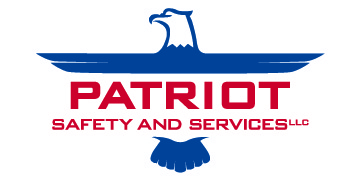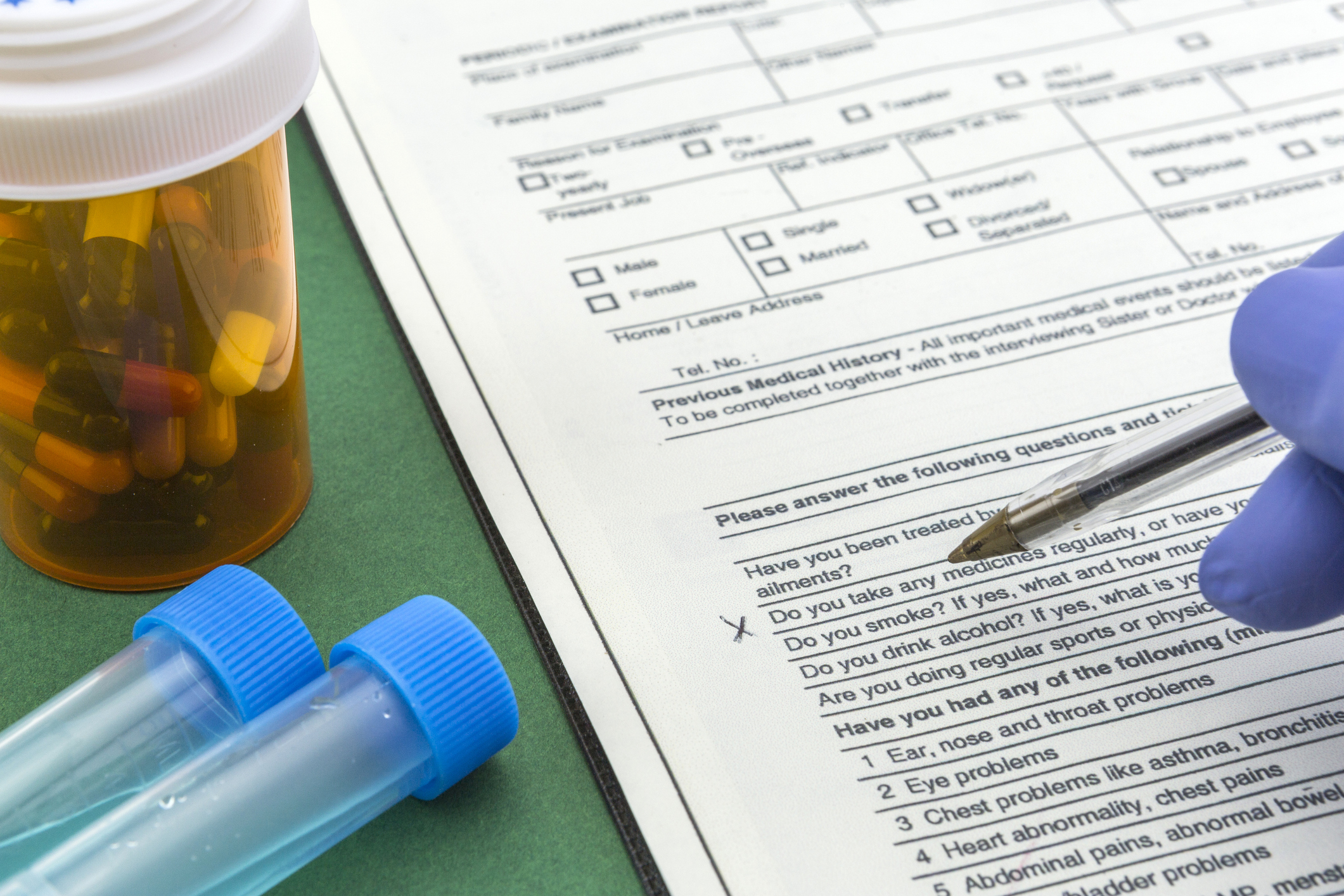Understanding the Value of Consortium-Based Compliance
For employers with DOT-regulated workers, managing a compliant drug and alcohol testing program is a non-negotiable responsibility. From pre-employment testing to random pool administration, the volume of required tasks and the detail involved can be overwhelming—especially for small and mid-sized businesses without a full-time compliance officer. This is where TPA consortium services play a transformative role.
TPA stands for Third-Party Administrator, and a consortium is a collection of employers who join together for the purposes of regulatory compliance—most often drug and alcohol testing. TPA consortium services allow businesses to outsource the most technical, time-sensitive, and legally complex elements of DOT compliance to experienced professionals who know how to manage it at scale and with accuracy.
For owner-operators and businesses with just a few safety-sensitive employees, joining a consortium is the only way to meet federal testing requirements without having to manage a standalone program. Even for larger employers, TPA consortium services offer streamlined oversight, better documentation, and peace of mind.
Why TPA Consortium Services Exist
DOT regulations—especially those under FMCSA, FAA, FTA, FRA, and PHMSA—require that all covered employees be part of a random drug and alcohol testing pool. The regulations also require that employers ensure the random selection process is scientifically valid, documented, and properly executed. For employers with only a handful of covered employees, managing their own random pool isn’t just difficult—it’s nearly impossible to do correctly and affordably.
TPA consortium services solve this problem by combining employees from multiple companies into a single testing pool. This structure allows even the smallest employers to meet DOT’s testing percentage requirements by participating in a shared pool administered by a TPA. The consortium model is recognized and accepted by DOT and is the preferred solution for ensuring compliance in a cost-effective and manageable way.
How a TPA Consortium Works
When a company enrolls in TPA consortium services, their DOT-regulated employees are added to a shared testing pool. The consortium, managed by a TPA like Patriot Safety and Services, oversees the random selection process, notifies employers when employees are selected for testing, and arranges for the appropriate drug and alcohol tests to be completed.
The TPA handles recordkeeping, chain-of-custody documentation, lab coordination, Medical Review Officer (MRO) review, and results delivery. They also manage annual reporting and ensure that all testing data is stored in a compliant, retrievable format that can be used for audits or internal reviews.
In addition to random testing, TPA consortium services often include support for pre-employment screening, post-accident testing, reasonable suspicion testing, and return-to-duty programs. This full-service approach allows employers to centralize all their compliance needs under one trusted provider.
Who Benefits Most from TPA Consortium Services
While TPA consortium services are commonly associated with independent contractors and small fleets, they also offer meaningful value to mid-sized businesses and expanding operations. Companies that operate across multiple locations or manage field-based teams often struggle with testing logistics and consistency. A consortium model gives them access to a centralized program that keeps all testing organized and compliant—regardless of geography.
Owner-operators are required by FMCSA to participate in a consortium if they operate under their own authority. Without TPA consortium services, these individuals would have no way to meet the DOT’s random testing requirement, which applies even if they are the only employee in the business.
Construction firms, pipeline contractors, school transportation providers, and field service companies often use consortiums to meet industry-specific compliance expectations. These businesses may not have the internal staff to manage drug testing programs, but they are still subject to government contracts or private partnerships that require proof of compliance. By using TPA consortium services, they gain access to a structured, documented program that meets regulatory standards.
The Compliance Advantage
Managing a DOT drug and alcohol testing program is complex. Employers must follow regulations that govern when testing must occur, how random selections are conducted, who can collect samples, where specimens are sent, how results are reviewed, and what to do in the event of a positive test.
Any misstep along the way—missed testing deadlines, incomplete records, inconsistent procedures—can result in audit findings, fines, or disqualification from important contracts. By enrolling in TPA consortium services, employers reduce these risks significantly. The TPA’s role is to ensure that every piece of the program is administered correctly and on schedule.
A well-managed consortium program also makes audits far easier. Instead of scrambling to assemble paperwork or explain internal procedures, employers can rely on their TPA to produce organized, digital records that demonstrate a complete and compliant testing history.
Why Employers Trust Patriot Safety and Services
At Patriot Safety and Services, we specialize in delivering TPA consortium services that are built for DOT compliance and real-world business needs. Our team understands that no two employers are the same, and we provide flexible support designed to meet companies where they are—whether that’s a single driver launching a new business or a growing fleet expanding across multiple states.
Our TPA consortium services include:
-
Enrollment of DOT-regulated employees into a shared random testing pool
-
Automated random selection using a scientifically valid method
-
Drug and alcohol test scheduling and coordination
-
Access to a nationwide network of certified collection sites
-
24/7 mobile testing options for post-accident or emergency testing
-
Chain-of-custody documentation and secure result reporting
-
MRO review and digital audit preparation
-
Pre-employment, return-to-duty, and follow-up test management
-
Supervisor training and compliance consulting as needed
We help employers eliminate guesswork, avoid costly mistakes, and maintain a clean compliance record. Every test we manage is conducted according to federal protocols, with proper documentation and prompt results delivery.
Keeping Programs Scalable and Consistent
One of the biggest advantages of using TPA consortium services is scalability. As companies grow or take on new contracts, their testing needs often evolve. A TPA-managed consortium allows for smooth transitions—whether you’re hiring more drivers, expanding to a new state, or adjusting your compliance protocols to match a client’s requirements.
Rather than creating new systems from scratch each time something changes, employers can simply update their account within the consortium. The infrastructure is already in place, making it easy to add or remove employees, schedule additional tests, or produce compliance documentation on demand.
Consistency is another major benefit. No matter who is being tested or where they’re located, the same procedures are followed. This reduces the chances of human error, simplifies internal training, and builds confidence in the program’s integrity.
Long-Term Confidence in Compliance
Enrolling in TPA consortium services isn’t just about checking a box—it’s about building a sustainable, dependable program that holds up under scrutiny. Businesses that prioritize accurate testing, clear documentation, and expert oversight are better protected against compliance risks, legal disputes, and operational disruptions.
A well-managed consortium program also contributes to a stronger safety culture. Employees know that testing is conducted fairly and consistently. Supervisors feel empowered to act confidently when testing is required. Clients and partners see that the company takes compliance seriously and follows through on its commitments.






